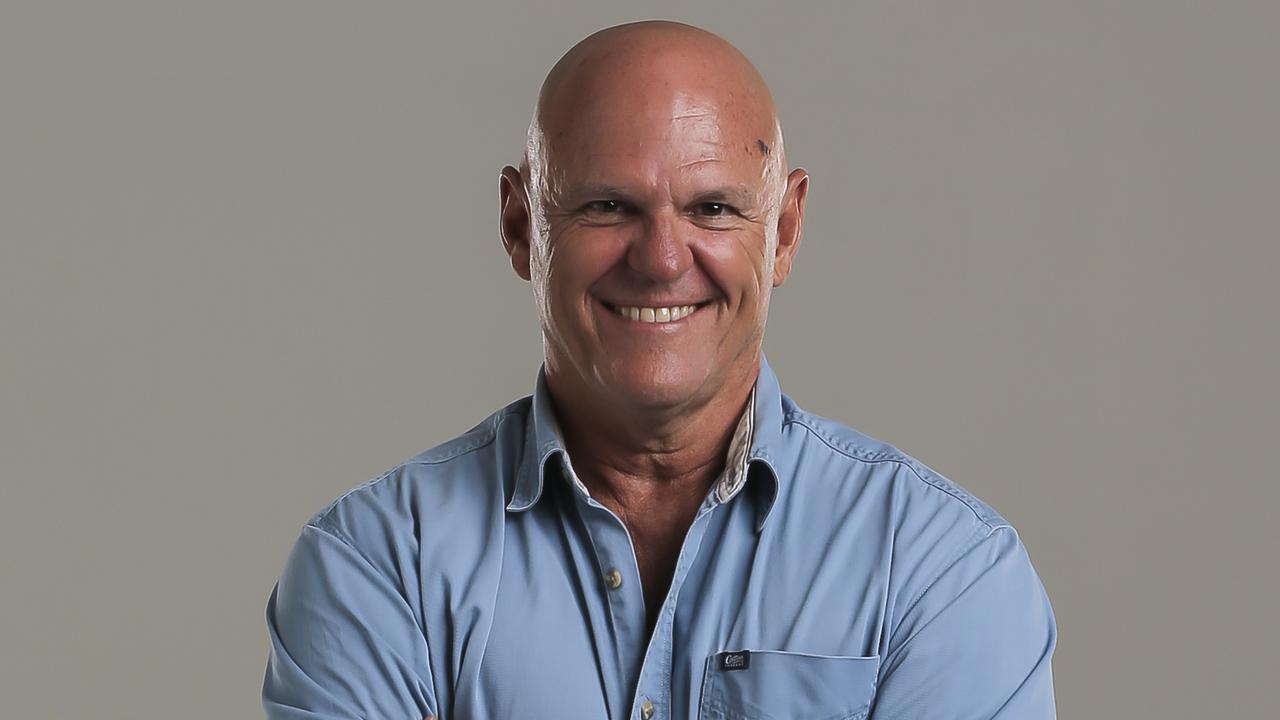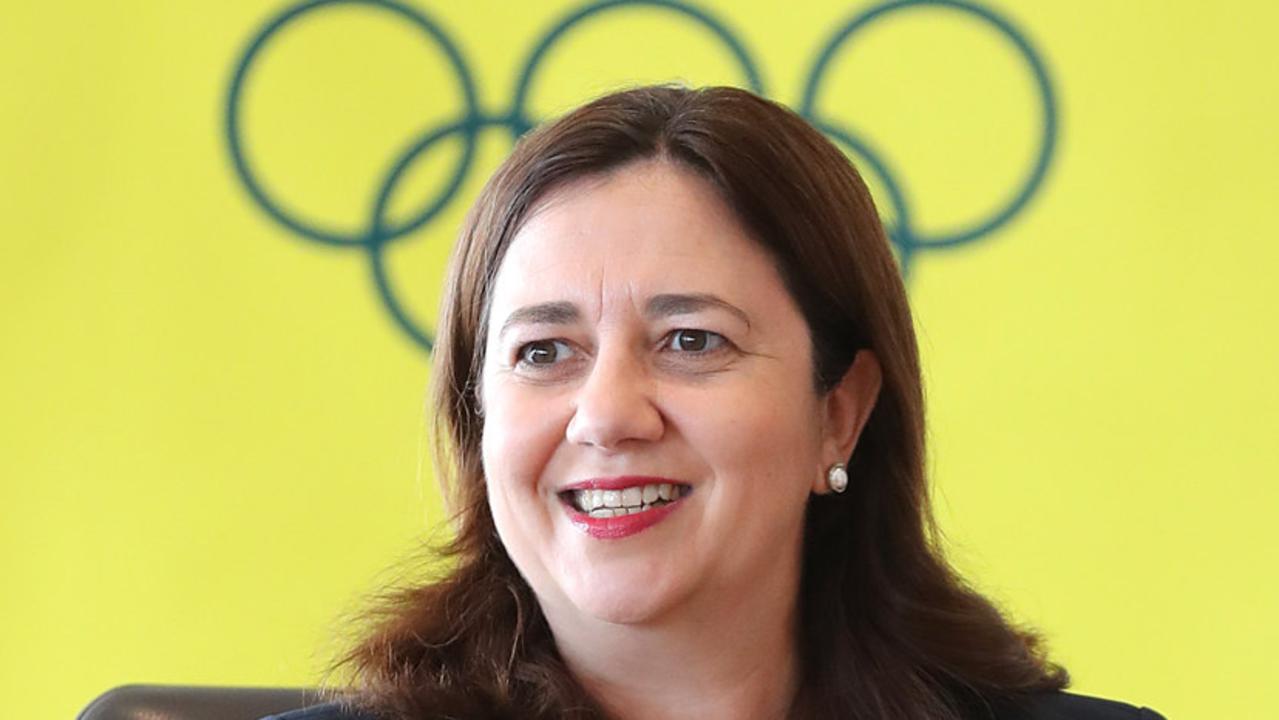Lifting entry standards for teaching degrees is only part of a bigger problem
It’s a no-brainer to want to attract the brightest minds to teaching. But changing the status quo is not as simple as tightening tertiary entrance requirements or implementing degree quotas, writes the editor.
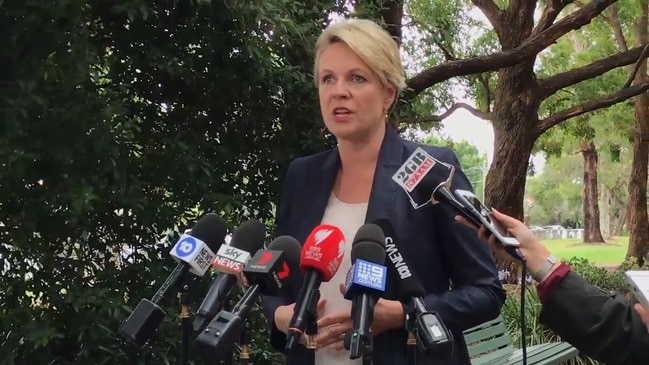
Opinion
Don't miss out on the headlines from Opinion. Followed categories will be added to My News.
IT’S a no-brainer to want to attract the brightest minds to teaching. Having intelligent and skilled communicators fronting classrooms will always be the optimal way to lift education outcomes for Australian children.
And lift they must, given the nation’s less than satisfactory performance against global benchmarks.
However, changing the status quo is not as simple as tightening tertiary entrance requirements or implementing degree quotas.
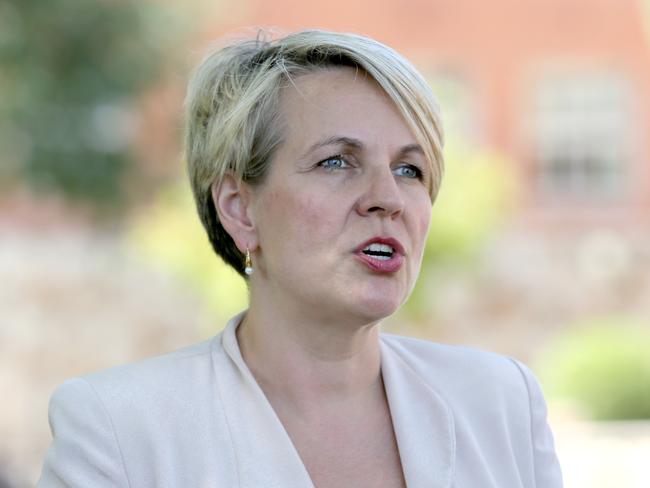
Improving the quality of teaching is a far more complex problem.
Currently, school leavers with an OP as low as 17 can be accepted into teaching degrees in Queensland — up from an OP 19 cut-off a few years ago at the Australian Catholic University.
In practical terms, this equates to a senior student barely passing his or her subjects, including the mandatory English and maths.
It poses real questions over how they can then go on to be excellent educators, particularly in the demanding senior years.
Acting Federal Opposition Leader Tanya Plibersek has vowed to prevent universities from admitting low-scoring high school graduates into teaching degrees if Labor wins government.
Ms Plibersek claims the move is to prevent teaching from becoming a last-resort career choice.

In too many cases it’s too late. Sadly, society no longer respects the career choice of the becoming an educator as we once did. For too long, school leavers have fallen back on teaching after failing to qualify for their first or second or even fifth preferences.
If Australia is serious about raising education standards, then several things need to change.
First and foremost, education itself needs to be truly valued, not just the subject of rhetoric.
Professing to value education but then paying teachers a pittance and expecting them to work in dire conditions — including being assaulted or abused by parents and students — doesn’t add up. Neither does lumbering educators with a cumbersome curriculum and rigorous assessment schedule in which they are forced to “teach to the test” instead of prioritising teaching for understanding, a preferred approach that calls on students to think critically, solve problems and find meaning in what they are learning.
These, incidentally, are among the skills that employers are crying out for.
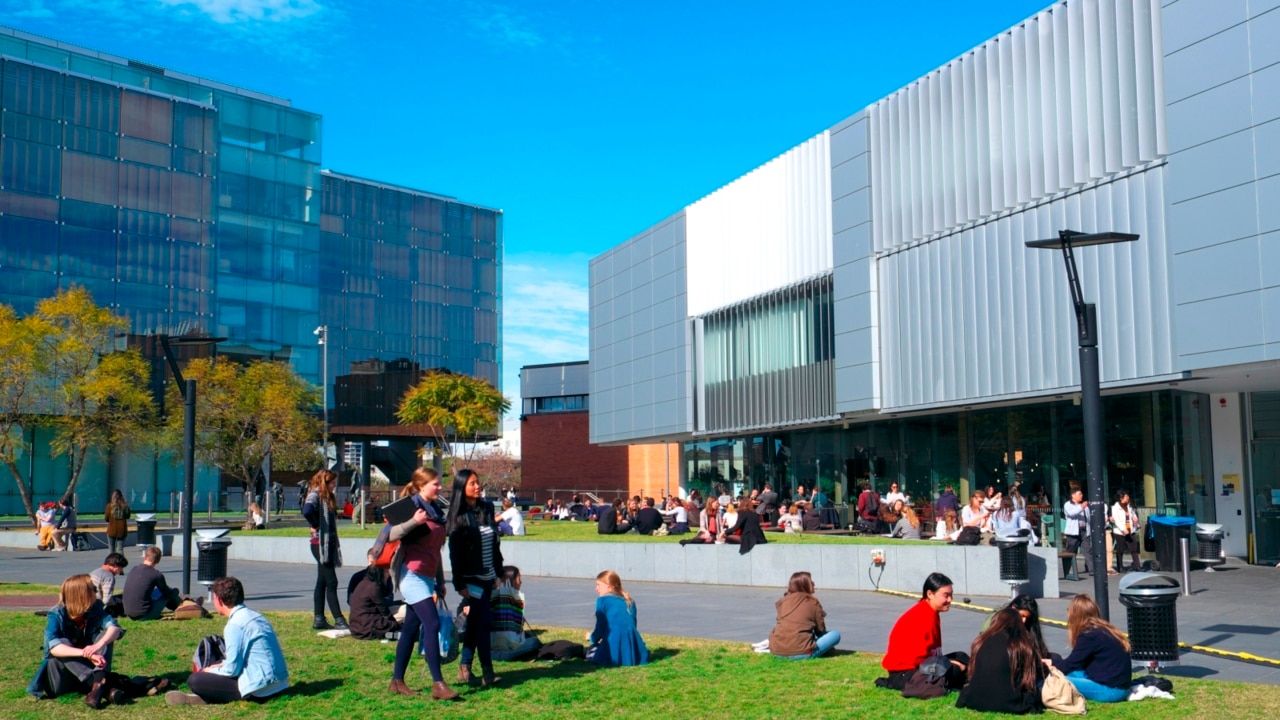
At present, a teacher’s best path to promotion is to step outside the classroom and into administration, an option that results in some of the best teachers being lost to management or leaving the profession altogether.
The burnout rate for teachers is high, with an estimated 50 per cent never getting past the five-year mark, and many experienced educators retiring early. It’s not hard to understand.
Workloads are increasing, as are expectations. Teachers these days are not only required to be masters of their subject matter but also to teach outside their fields of expertise, with little or no mentoring or training.
Many are picking up the slack of parents who have failed to discipline, properly feed or otherwise prepare their kids for learning. Schools are expected to fix problems parents refuse to tackle or choose to ignore.
Educational outcomes are greatest when there is a strong partnership between home and school — one reinforces the other, and learning and personal growth are prioritised.
Instead, what we have now is a disconnect between the two, with a recent OECD report showing Australian classrooms were among the most unruly in the world.
The harsh reality is that many teachers, particularly the freshly minted, lack the tools and life experience to deal with the day-to-day unpredictability of the job today.
These are challenges that cannot be met by raising tertiary entrance scores or enforcing degree quotas.
Yes, we need to attract the brightest minds to teaching but for this to happen, we also need to give young people — and indeed anyone considering a career change — real incentives.
When the rewards are slim, stresses high and support sorely lacking, it is difficult to see how teaching can shake off its “fallback” image to once again become a venerated profession that delivers the outcomes our children deserve and that will take our nation forward.
***************************************************
Recall for Queensland batters
CAN Queensland save Australia?
This is the question hanging over Australian cricket after the national selectors named four Queensland batsmen in the squad to face Sri Lanka in a day-night Test at the Gabba later this month.
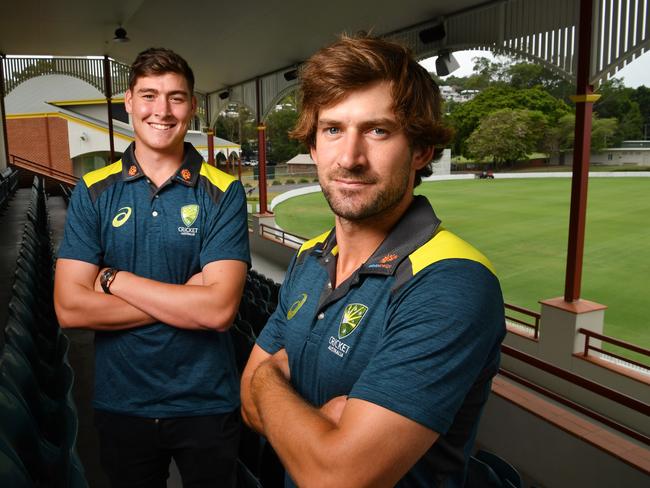
Our state should celebrate the recall of Test players Joe Burns and Matthew Renshaw and that Marnus Labuschagne and Usman Khawaja have retained their spots.
All of them will be auditioning for places on the Ashes tour of England later this year so the stakes are high.
The Australian cricket team is searching for a new batting hero after a disappointing series against India, with the selectors tiring of players who have failed after repeated chances.
There have been many years when Queensland struggled to produce a solitary batsmen in the Test side so to have four batsmen in the squad is a landmark achievement.
The selection of these players is a credit to the network at the Queensland Bulls which has played a significant part in helping all of them reach their potential.
Responsibility for election comment is taken by Sam Weir, corner of Mayne Rd & Campbell St, Bowen Hills, Qld 4006. Printed and published by NEWSQUEENSLAND (ACN 009 661 778). Contact details are available at www.couriermail.com.au/help/contact-us

